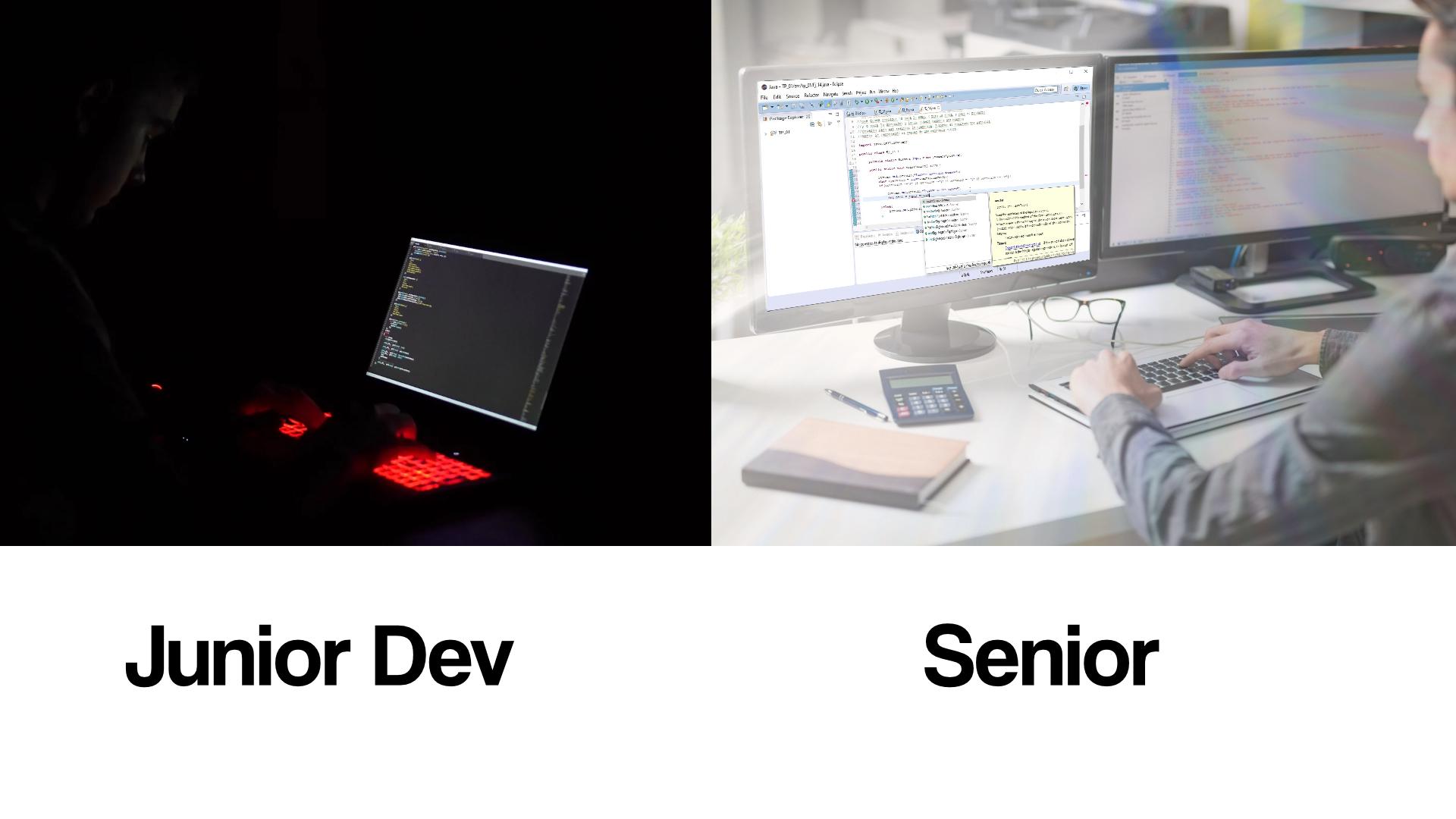this post was submitted on 12 Apr 2024
285 points (89.5% liked)
Programmer Humor
33529 readers
514 users here now
Post funny things about programming here! (Or just rant about your favourite programming language.)
Rules:
- Posts must be relevant to programming, programmers, or computer science.
- No NSFW content.
- Jokes must be in good taste. No hate speech, bigotry, etc.
founded 5 years ago
MODERATORS
you are viewing a single comment's thread
view the rest of the comments
view the rest of the comments

Switching to Neovim is on my to-do list. What do you recommend as a good way to get up to speed?
Try starting with LazyVim! It has a great selection of plugins pre-set, and it all works out of the box. It's a great way to get started, and then you can add/remove plugins later on. Also, it's keymap-shortcut page is great for the first week or so of learning the commands.
Or kick start has been my fav. Uses lazyvim
I disagree with this recommendation, the maintainer closed a breaking issue (default syntax highlighting breaks on clean install) saying "workaround exists". That's a red flag ime.
I try and start using it for basic tasks, like note taking, to get used to its interface and basic commands like
:wand:q, as well as switching between insert and cmd mode.Once you are familiar with switching between modes, copying, pasting, etc, then you probably will wanna Starr learning it's lua api and how to load in some QoL plugins. Basic stuff like treesitter, telescope, and nvim-tree are good places to start.
Once you feel comfortable with swapping between files with telescope and configuring plugins, I'd deep dive into getting an LSP up and running for your language of choice so you can actually code.
In the interim I'd recommend getting comfy with using tmux in your terminal, try and open new tmux tabs to do units of work instead of constantly
cding around.I like to keep 4 tmux tabs open for a project:
The videos by TJ DeVries seem like probably the best starting point there is. He's a contributor, has built a setup script that's meant to be minimalistic and configurable, and has tons and tons of info about running through all of it yourself.